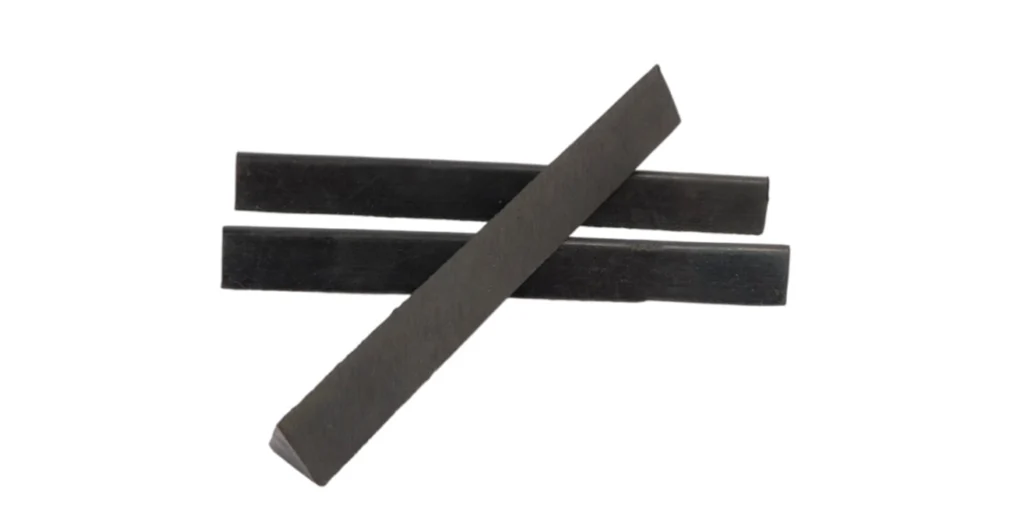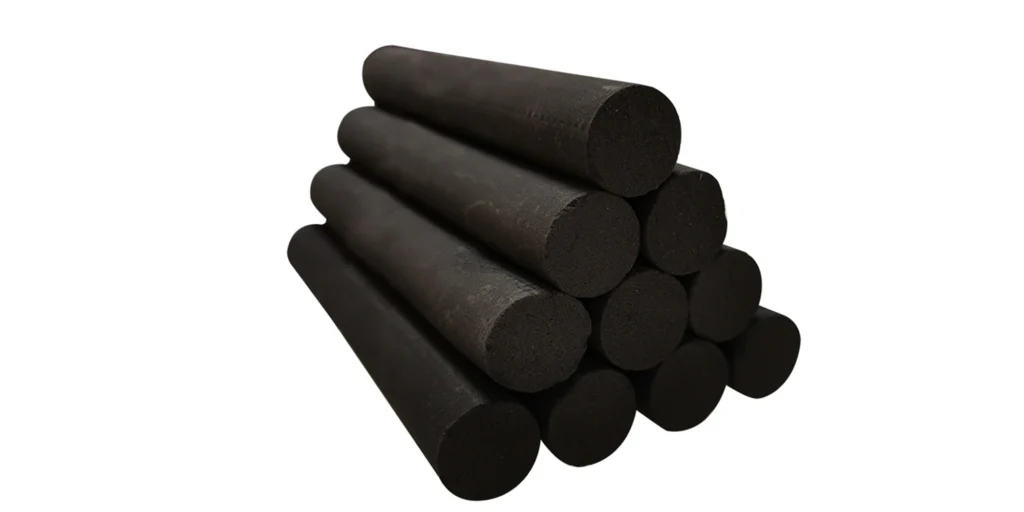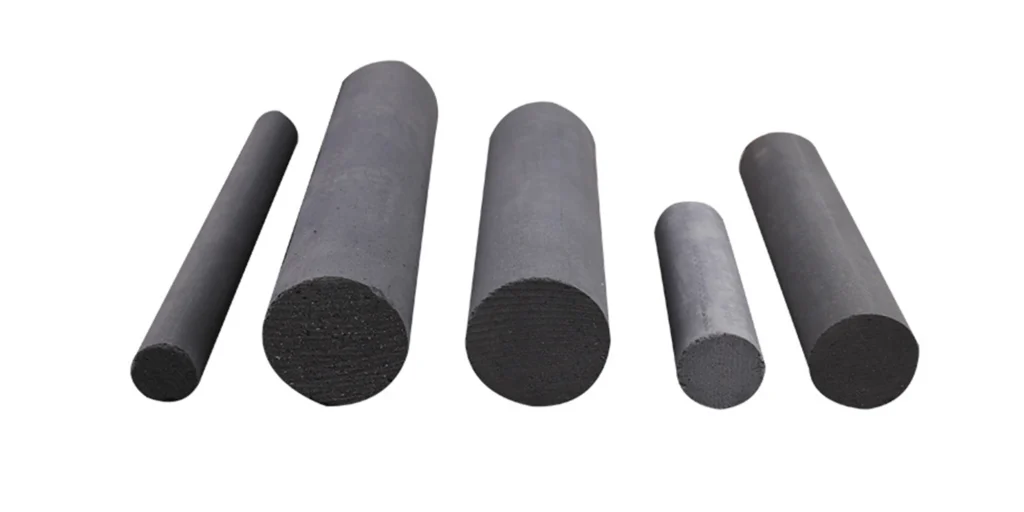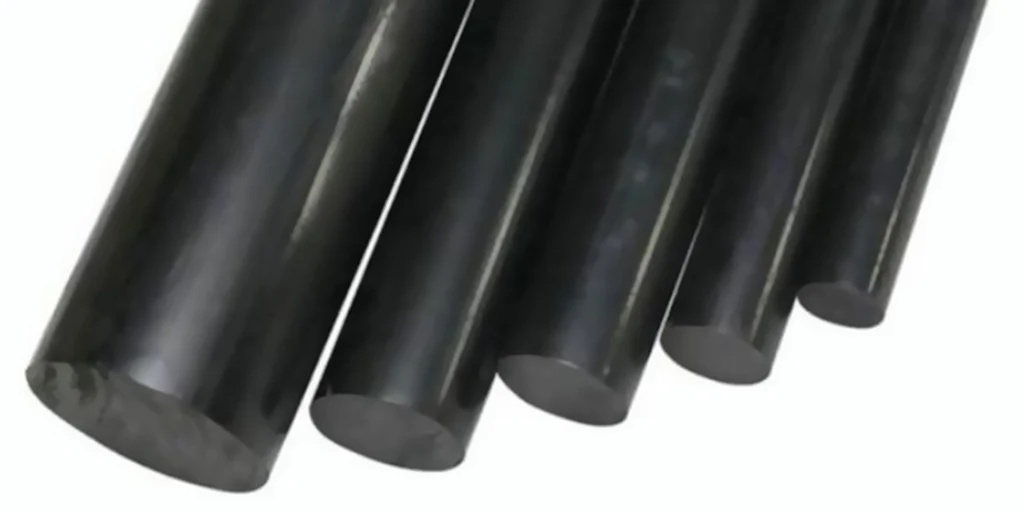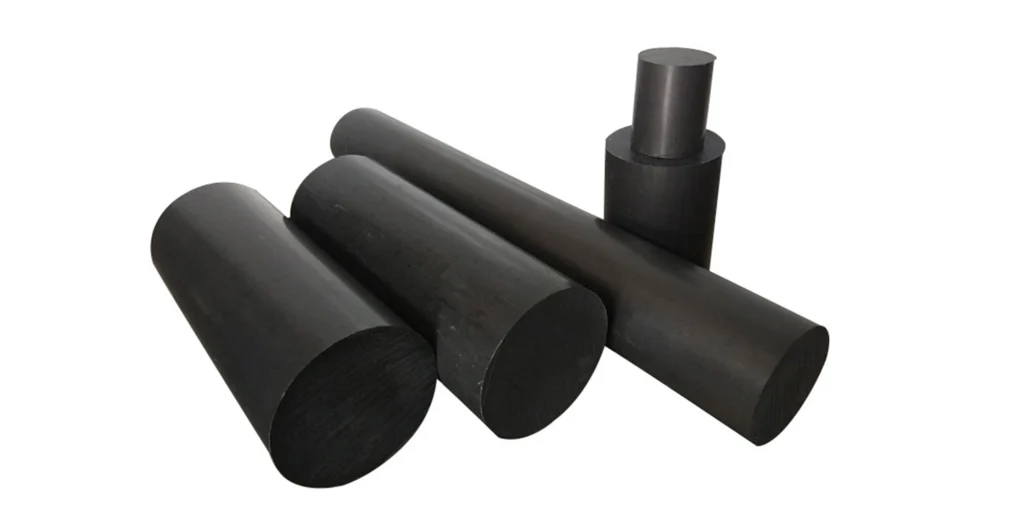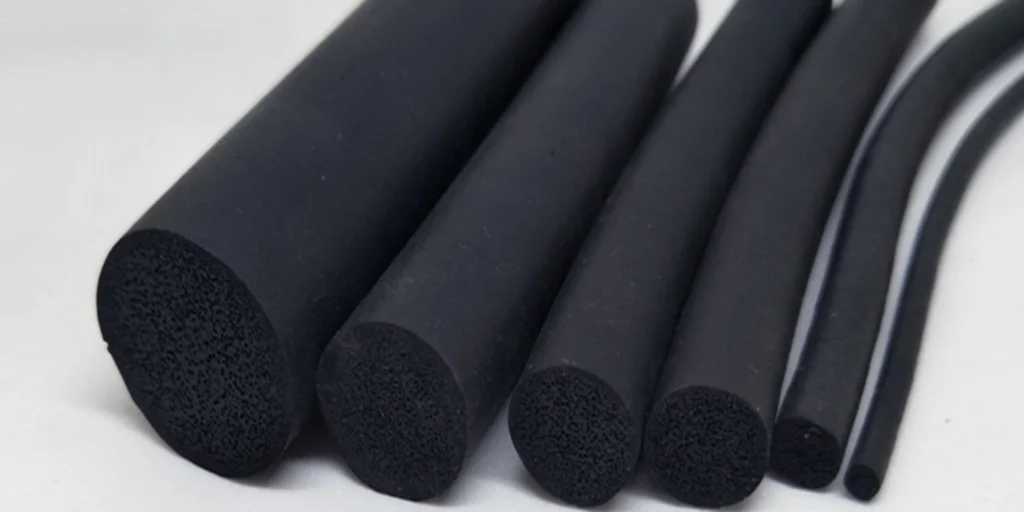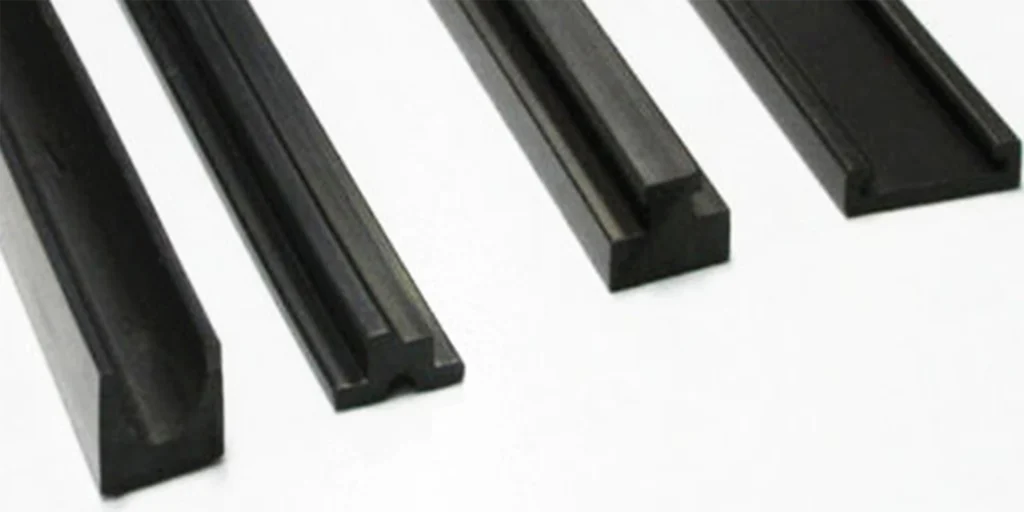When it comes to construction and crafting, the choice of materials can significantly impact the outcome of a project. Two popular options for dowels are EVA foam and traditional wooden dowels. Each has its unique properties, advantages, and disadvantages. In this article, we’ll explore the key differences between EVA foam dowels and wooden dowels, helping you make an informed decision for your next project.
What Are EVA Foam Dowels?
EVA (Ethylene Vinyl Acetate) foam is a lightweight, flexible material known for its cushioning properties and resistance to impact and moisture. EVA foam dowels are cylindrical rods made from this versatile foam. They come in various diameters and lengths, making them suitable for a wide range of applications, including crafting, sports equipment, and DIY projects.
Advantages of EVA Foam Dowels
- Lightweight and Easy to Handle
EVA foam dowels are significantly lighter than wooden dowels, making them easier to work with. This characteristic is especially beneficial for projects that require frequent handling or repositioning. - Moisture Resistance
Unlike wooden dowels, which can absorb moisture and warp, EVA foam is water-resistant. This property makes EVA foam dowels ideal for outdoor projects or environments where moisture exposure is a concern. - Flexibility
The inherent flexibility of EVA foam allows these dowels to bend without breaking, making them ideal for applications requiring a degree of movement or shock absorption, such as in sports gear. - Safety
EVA foam is a non-toxic material, making it a safe choice for projects involving children or pets. Additionally, its soft surface reduces the risk of injury compared to harder materials like wood or plastic. - Cost-Effectiveness
Generally, EVA foam dowels are more affordable than wooden dowels, especially for larger projects requiring multiple dowels. This cost efficiency can significantly lower project expenses.
What Are Traditional Wooden Dowels?
Wooden dowels are cylindrical rods made from various types of wood, including oak, pine, and maple. They have been a staple in construction and woodworking for centuries, known for their strength and durability.
Advantages of Traditional Wooden Dowels
- Strength and Durability
Wooden dowels are known for their high strength-to-weight ratio. They can withstand significant loads, making them ideal for structural applications like furniture assembly and cabinetry. - Natural Aesthetic
Wood offers a classic, natural look that is often preferred in furniture and home decor. The grain and texture of wood can add character and warmth to a project. - Availability and Variety
Wooden dowels are widely available in various sizes and types of wood, allowing for flexibility in design and application. Custom lengths and diameters are often easy to find. - Ease of Use with Tools
Wooden dowels can be easily cut, sanded, and finished using standard woodworking tools. This adaptability allows for precise adjustments and customizations. - Long History of Use
Wooden dowels have been trusted for generations, and their performance is well-documented. Many woodworkers prefer them due to familiarity and established techniques.
Key Comparisons Between EVA Foam Dowels and Wooden Dowels
| Feature | EVA Foam Dowels | Wooden Dowels |
|---|---|---|
| Weight | Lightweight | Heavier |
| Moisture Resistance | Water-resistant | Prone to warping |
| Flexibility | Highly flexible | Rigid |
| Safety | Non-toxic, soft | Hard, can cause injury |
| Cost | Generally more affordable | Can be more expensive |
| Aesthetic Appeal | Limited aesthetic options | Natural and customizable |
| Strength | Good for lightweight applications | High strength for structural use |
| Tool Compatibility | Limited to cutting | Easy to work with standard tools |
When to Use EVA Foam Dowels
EVA foam dowels are ideal for various applications, including:
- Craft Projects: Their lightweight nature makes them perfect for crafting, such as making model airplanes or decorations.
- Sports Equipment: EVA foam dowels are commonly used in protective gear, such as shin guards and padding for sports equipment.
- Children’s Toys: Their soft texture and safety make them an excellent choice for toys and educational materials.
When to Use Wooden Dowels
Wooden dowels are more suitable for:
- Furniture Construction: Their strength makes them ideal for building furniture pieces that require durability and stability.
- Cabinetry: Wooden dowels can support heavier loads, making them essential in cabinet construction and installation.
- High-End Projects: For projects where aesthetics matter, such as fine woodworking or custom cabinetry, wooden dowels offer a classic appeal.
The choice between EVA foam dowels and traditional wooden dowels ultimately depends on your project requirements. If you need lightweight, flexible, and moisture-resistant materials, EVA foam dowels are an excellent choice. Conversely, if you require strength, durability, and aesthetic appeal, traditional wooden dowels are the way to go.
By understanding the advantages and limitations of both types of dowels, you can make an informed decision that best suits your needs. Whether you are crafting a new project or embarking on a major construction endeavor, selecting the right dowel can make all the difference in achieving a successful outcome.
FAQ
1. What are EVA foam dowels used for?
EVA foam dowels are versatile and commonly used in crafting, sports equipment, children’s toys, and projects that require lightweight, flexible materials.
2. Are EVA foam dowels stronger than wooden dowels?
While EVA foam dowels are lightweight and flexible, they generally do not match the strength and durability of traditional wooden dowels, which are better suited for structural applications.
3. Can EVA foam dowels be used outdoors?
Yes, EVA foam dowels are moisture-resistant, making them suitable for outdoor projects where exposure to moisture is a concern.
4. How do I cut EVA foam dowels?
EVA foam dowels can be easily cut with a sharp utility knife or scissors. For precise cuts, consider using a saw designed for foam materials.
5. Are wooden dowels more expensive than EVA foam dowels?
In general, wooden dowels can be more expensive than EVA foam dowels, especially when considering different wood types and custom sizes. However, prices can vary based on availability and quality.
#EVAfoam #WoodenDowels #Crafting #DIYProjects #Construction #HomeImprovement #MaterialsComparison #SustainableMaterials #Woodworking #SportsEquipment
WELLE Trade has over 20 years of experience in the production and processing of PE/EVA/TPE foams, so you may want to consult with them if you have any sourcing needs.
